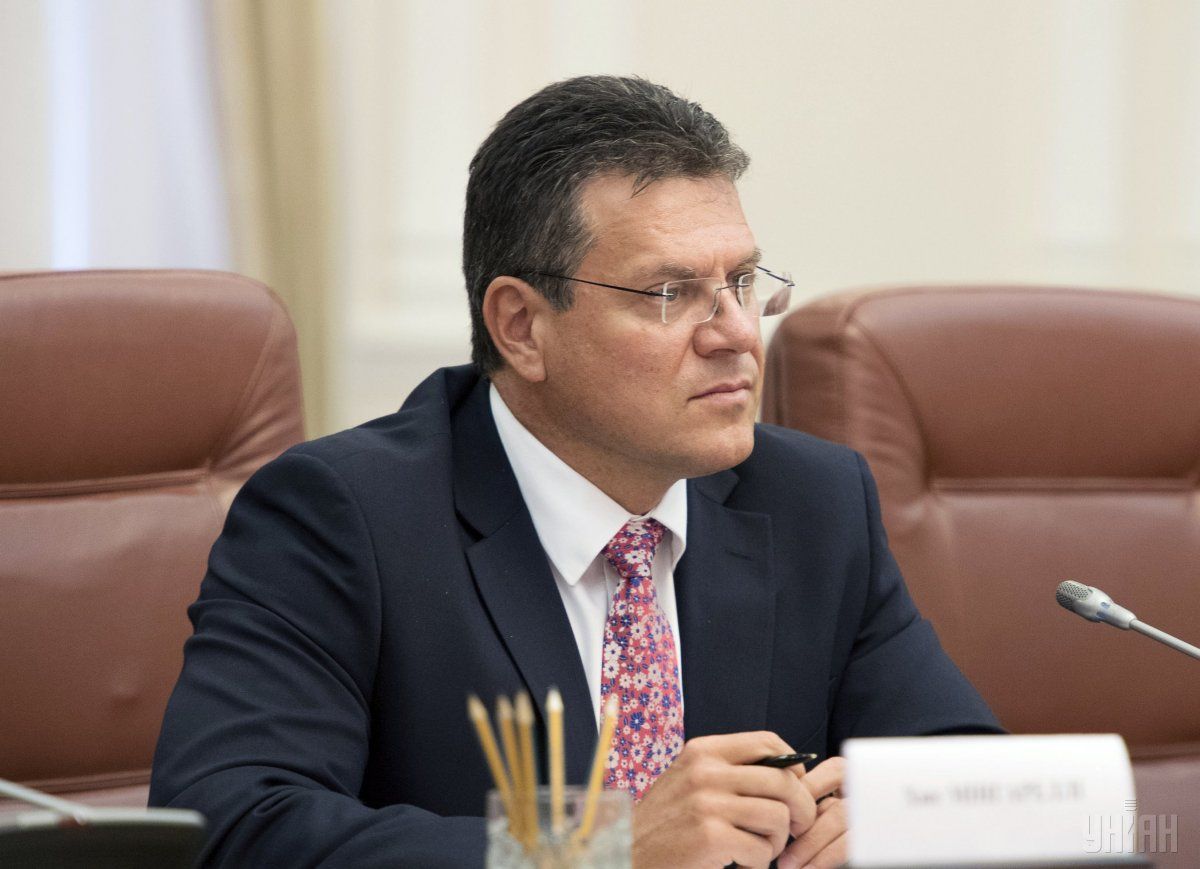
The European Union will do all it can to facilitate talks next week between Ukraine and Russia on future gas transits after their contract expires in January, the bloc's energy commissioner said on Wednesday.
Representatives of Russia, Ukraine and the European Union are due to meet on September 19 for the latest round of talks amid fears in Ukraine that Russia will halt transits via its territory after completing an alternative pipeline route to Germany, known as Nord Stream 2, Reuters said.
Read alsoNaftogaz reacts to European court ruling on OPAL gas pipeline
There are a number of obstacles to a deal, including the collapse in relations between Kyiv and Moscow after Moscow's 2014 annexation of Crimea, and litigation between Russian gas supplier Gazprom and Ukraine energy company Naftogaz.
Ukraine traditionally uses some of the gas pumped by Russia to European consumers for its own needs in eastern and central regions and then compensates for this by deliveries from gas storage located in the west of the country.
But the Russia-Ukraine gas transit agreement is due to expire in January and Ukrainian energy authorities want to make sure that a sudden halt in Russian supplies does not leave Ukrainian households and companies without gas in winter.
"It is very important for the role of both countries in future gas trading operations, and we are coming to these talks with an open mind because we need to find a solution and I understand that these talks have the support of both leaders in Russia and Ukraine," European Commission Vice President Maros Sefcovic told a press conference.
"We are really looking at all alternatives how we can achieve that."
He added that the date of September 19 for the EU-mediated talks in Brussels had been set before a decision by the European Court of Justice earlier this week on Russian gas flows via a pipeline bypassing Ukraine.
Ukraine's new Prime Minister Oleksiy Honcharuk on Wednesday said the negotiations with Russia would be complex but that Naftogaz has stored enough gas, 19 billion cubic meters, to tide Ukraine through the winter.
"Why so much? Because there are a lot of risks ahead that are associated with transit negotiations with the Russians," he told a televised briefing.
Ukraine had stored enough gas to minimize its vulnerability "to any attempts to put pressure on us during the negotiations. We feel confident."
Ukraine has a target to store 20 billion cubic meters by the start of the heating season in mid-October.

